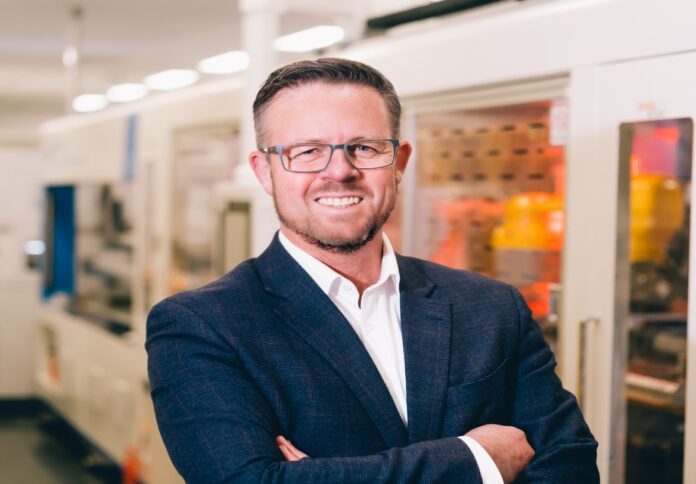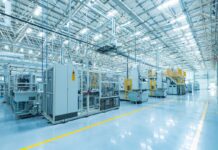
Australian solar panel manufacturer Tindo Solar is set to export to Vietnam as the Southeast Asian nation revealed it would prioritise high-quality renewables hardware in its energy grid, the company said in a press release.
Last week, the Adelaide manufacturer completed an initial order for rooftop panels destined for the Ho Chi Minh City residential and commercial markets.
The 410w panels originate from the Mawson Lakes production line and they are powered by the M10 solar cell, which the company claims is the world’s latest and most efficient solar technology.
Tindo Solar CEO Richard Petterson said the export order was encouraging for the 12-year-old company’s 50-person staff and justified Tindo’s focus on the high-quality, high-performance part of the solar panel industry.
“We produce a solar panel that performs at the top end of the market, and it is made to endure the extremes of the Australian climate so we can sell it with a 25-year product warranty,” said Petterson.
The CEO also pointed out that Australia’s environment shares certain parallels with Vietnam’s, where extreme humidity can lead to equipment failure and delamination of cheap panels.
“Just as Australian buyers are prepared to invest in performance and longevity, the Vietnamese market is also moving towards quality,” noted Petterson.
In the past, Tindo Solar has shipped to Vietnam, and these recent orders were proof that Australian advanced manufacturing in the post-COVID era was successful, added Petterson.
He remarked that the renewables market first sought out the most affordable gear, but lately, quality and sustainability have taken centre stage.
“We make an excellent product that is recognised internationally and that’s a compliment not only to Tindo’s workforce but also to Australian advanced manufacturing,” the CEO stated.
He also said Tindo Solar panels used quality cells, quality glass laminate and individual testing of finished panels in order to handle the harsh Australian summers.
“Australia doesn’t have to compete in the low-cost mass market – we can make a premium product that’s suited to our climate, and that creates jobs and drives innovation,” Petterson concluded.




















